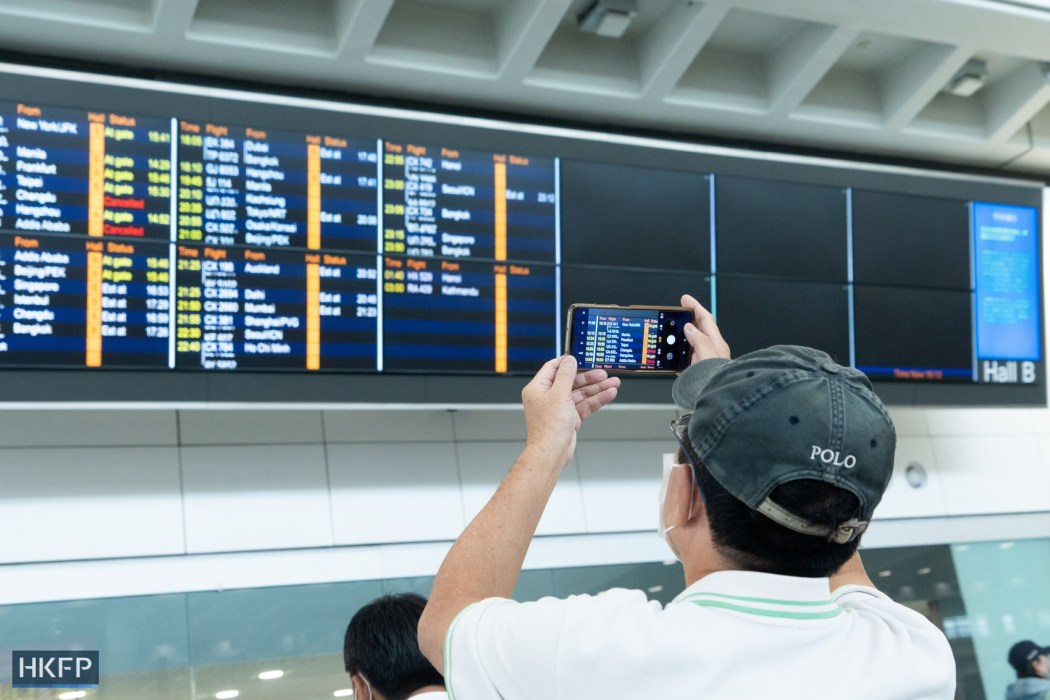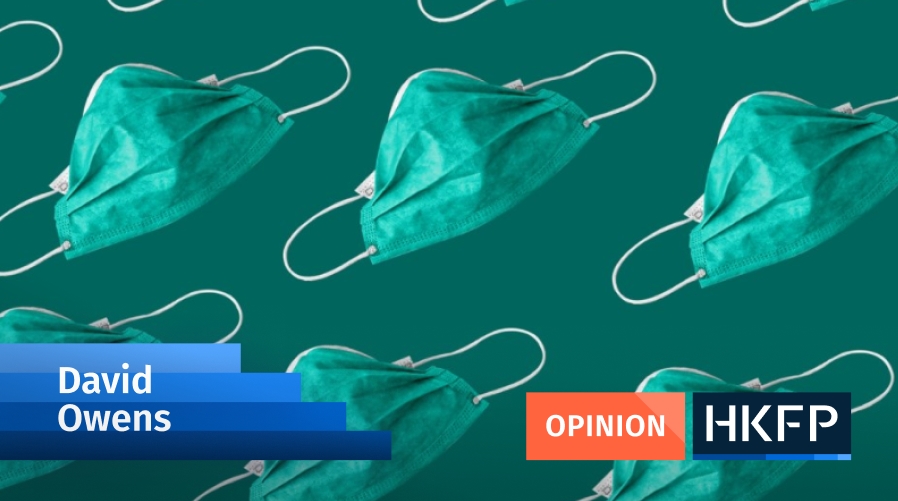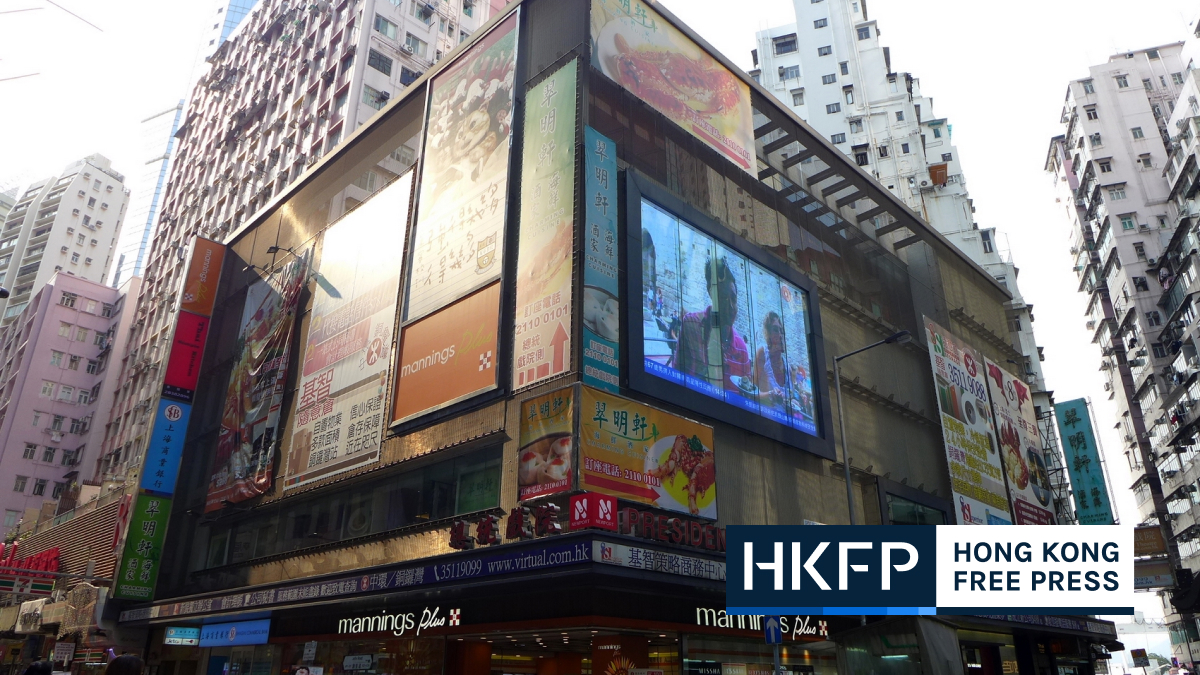Air crew based in Hong Kong no longer have to isolate in hotels while overseas, putting an end to the government’s Covid-19 “closed-loop arrangements” intended to minimise their contact with the community in those places.

Authorities said on Tuesday however that they must avoid mask-off activities, except for eating or drinking, and refrain from “going to crowded places.”
Upon landing in Hong Kong, they will also have to undergo daily Covid-19 PCR tests until the fourth day following their arrival. Unlike inbound travellers arriving from overseas, they can only leave the airport after they receive a negative Covid-19 test result.
According to local media, they will not be issued with an amber code in their LeaveHomeSafe contact tracing app like other arrivals. The amber code restricts access to a number of premises under the city’s Vaccine Pass scheme, including restaurants, bars and gyms.
Hong Kong authorities have requested airlines to implement “robust mechanisms to ensure their air crew’s compliance with the requirements during their layover,” the government press release read. It added that airlines should introduce internal mechanisms to penalise breaches.

The relaxation follows the scrapping of the three-day hotel quarantine requirement for air crew upon arrival in Hong Kong last month.
It also comes on the heels of the government axing the three-night hotel quarantine rule for overseas travellers, marking a long-awaited milestone in Hong Kong’s gradual loosening of Covid-19 rules. The move was announced amid vocal calls from industry leaders and lawmakers for the city to drop the hotel quarantine requirement, concerned that it was harming Hong Kong’s reputation as an international finance hub.
Airline websites saw an uptick in traffic following the announcement as Hongkongers rushed to make travel plans.
The city has maintained strict pandemic-related laws even as much of the world has opened up and resumed normalcy. Mask wearing remains mandatory outdoors, there is a four-person limit on public gatherings, and the use of a contact tracing app is required to enter certain types of premises, including restaurants.

In August, Hong Kong’s flag carrier Cathay Pacific reported losses of around HK$5 billion in the first six months of this year. The airline’s chairperson Patrick Healy said it was “quite clear that Hong Kong has fallen far behind other international aviation hubs.”
The airline announced on Wednesday that it had begun a recruitment drive, aiming to hire more than 4,000 frontline employees including 2,000 cabin crew workers. It is the airline’s first large-scale hiring spree since the pandemic began over two and a half years ago, Cathay Pacific said.
Support HKFP | Policies & Ethics | Error/typo? | Contact Us | Newsletter | Transparency & Annual Report | Apps
Help safeguard press freedom & keep HKFP free for all readers by supporting our team















